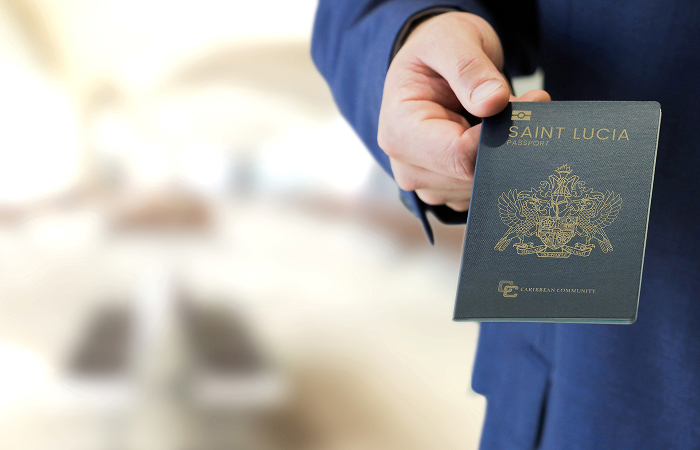Free Quote : +4 (031) 229 94 13
-
-
Email Address : [email protected]

Free Quote : +4 (031) 229 94 13
Email Address : [email protected]
Retirement planning is no longer just about financial security – it is also about mobility and access to new opportunities. Many individuals explore options beyond their home countries, seeking destinations with high living standards, strong healthcare systems, and favorable tax policies. Holding a Caribbean passport has become an increasingly attractive route for those considering a new chapter in Europe.
Dual citizenship can open doors to visa-free travel, potential tax advantages, and a flexible lifestyle. However, while a second passport grants global mobility, securing long-term residency in Europe comes with its own set of rules. Each country has distinct policies regarding retirees, making it essential to assess legal requirements, cost of living, and available benefits before making the move.
This article examines whether a Caribbean nationality provides a practical path to retiring in Europe, highlighting key considerations such as residency permits, taxation, and lifestyle factors.

For those seeking a seamless way to retire in Europe, a Caribbean passport can offer a direct path to residency and full EU rights. Certain countries grant access to the European Union without the need for lengthy naturalization processes.
There is an investment program for obtaining Dominica passport, which provides a direct route to EU residency for retirees seeking to relocate without prolonged immigration procedures. Citizenship can be obtained through a contribution of at least $100,000 to the Economic Diversification Fund or by investing a minimum of $200,000 in government-approved real estate. A Dominica passport grants the right to reside in any EU country, eliminating the need for separate retirement visas or long-term residency applications. This status ensures access to healthcare, property ownership, and financial services across Europe, making it a viable option for those planning their retirement abroad.
A similar pathway is available in St. Lucia, which offers citizenship in exchange for a $100,000 contribution to the National Economic Fund. Additional investment options include real estate or government bonds. A St. Lucian passport allows retirees to establish legal residency in any EU member state without additional permit requirements.

In many parts of Europe, retirement is seen as a stage for personal enrichment rather than withdrawal from active life. Wealthier retirees are not expected to slow down; instead, they often immerse themselves in cultural, social, and intellectual pursuits. With a Caribbean passport, this transition becomes even smoother, offering access to a refined lifestyle, exclusive networks, and opportunities for continuous engagement. Here is what sets retirement in Europe apart:
A Caribbean passport allows retirees to embrace a lifestyle in Europe where experience and cultural appreciation take center stage, making every day fulfilling and dynamic.